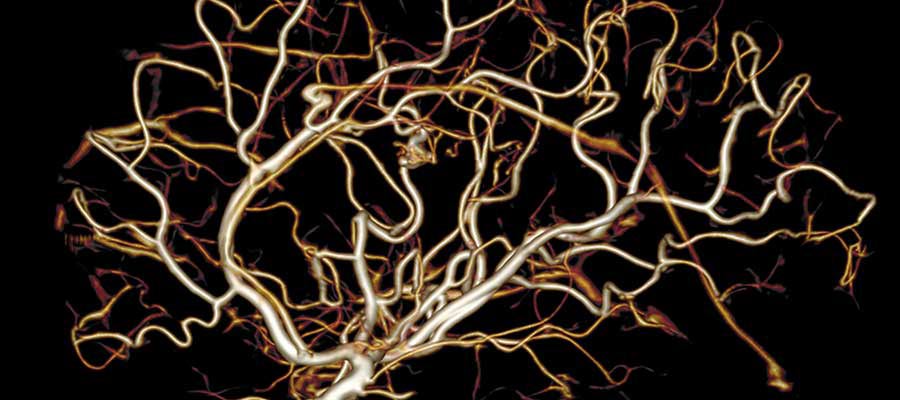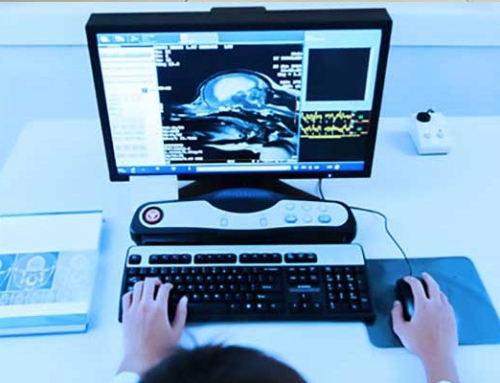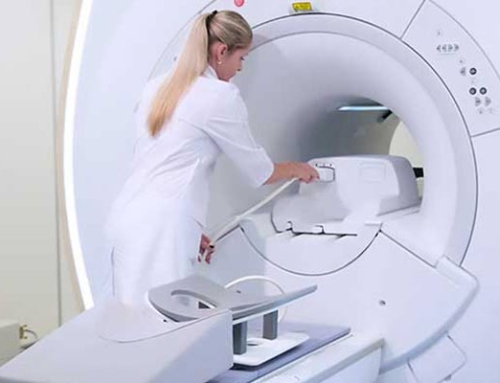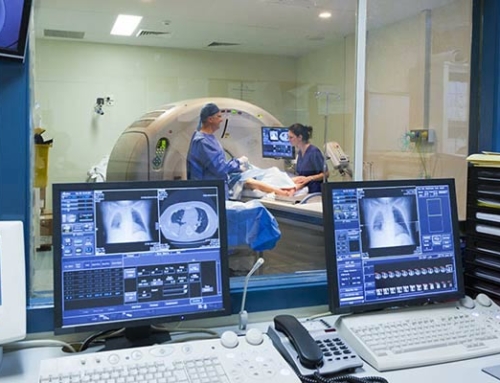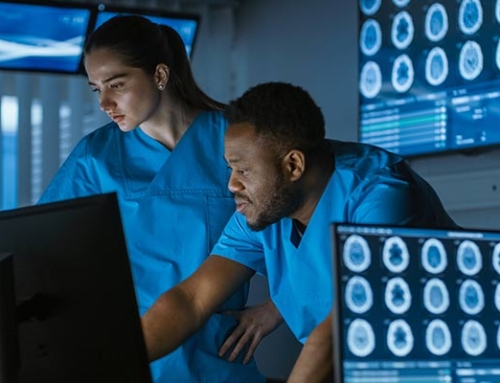Before beginning specialized training and education, knowing what awaits you when you’re done is good. It takes time and years to become an MRI technologist or technician. You’ll have to take classes, MRI programs, tests, and become certified before you can start looking for jobs.
Since MRI programs and studying take time and probably cost money, knowing what to expect after you’re done can be very useful. It’s not wise to start a career path without a clear plan or vision because, in the end, you might simply realize that this isn’t what you wanted or were expecting.
Job Opportunities for MRI Techs
Where do MRI techs work? There are over 40,000 MRI techs in the United States. They’re an essential part of the healthcare system for so many reasons. They talk to patients to tell them about the imaging procedure, ask them about their medical history, and reassure them.
It’s also an MRI tech’s job to maintain and operate the MRI machine. After the images are captured, it’s his or her job to discuss the results with the doctor and check if further imaging is needed.
About 60% of MRI techs work in hospitals. This includes local, state, and private hospitals. Obviously, hospitals have a very high flow of patients, and patients in hospitals are more likely to need MRIs than those who visit clinics. It makes sense that most MRI techs find jobs in hospitals.
The next commonest places MRI techs works are diagnostic laboratories and centers. These specialized centers only perform imaging procedures like MRIs and CT scans. There’s no treatment or in-patient stay at these centers. They’re simply for diagnostic procedures and employ about 20% of MRI techs in America.
MRI techs can also find work at physicians’ offices. Few offices have MRIs, but MRI techs can also be employed for assistance with imaging needs. About 10-15% of MRI techs work in offices. The final 5% work in outpatient care centers.
Wellness and Safety Modules are included in MRI Programs.
MRI techs are exposed to infectious diseases just like other healthcare workers since they’re all exposed to patients. The thing that is feared the most by MRI techs and radiology technicians, in general, is the danger of radiation.
Radiology techs are required to wear badges that keep track of how much radiation they’re exposed to. Fortunately, we now have lead aprons and other protective items to shield techs and other healthcare workers from radiation exposure.
MRI techs don’t need to worry about radiation as much as other radiation techs. MRIs don’t rely on radiation, unlike x-rays and CT scans.
MRI techs are crucial to the healthcare system and have lots of duties. They also have many job opportunities, particularly at hospitals and diagnostic centers. If working in a hospital or center is something that interests you, you can rest assured that the time you’re spending on your MRI programs and courses is worthwhile.
More Info Related to MRI Program


